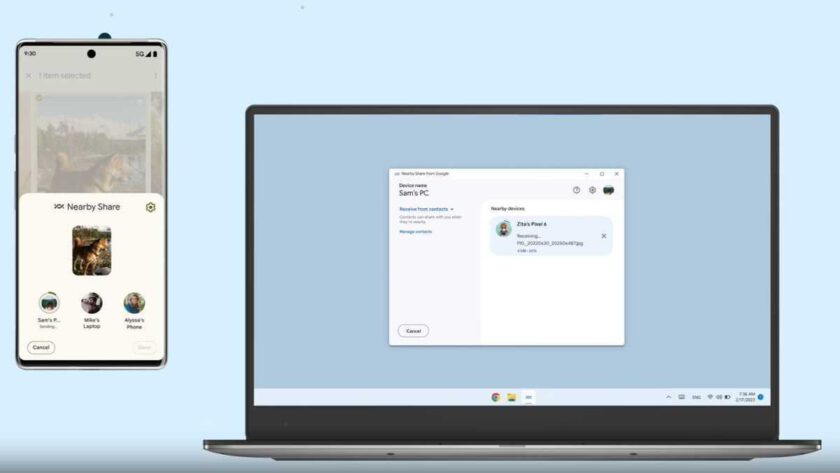Celebrating and Protecting the Global Internet
By Ambassador Daniel Sepulveda, Deputy Assistant Secretary and U.S. Coordinator for International Communications and Information Policy, U.S. Department of State
&
Lawrence E. Strickling, Assistant Secretary for Communications and Information and Administrator, National Telecommunications and Information Administration (NTIA), U.S. Department of Commerce
The U.S. government, working through the National Telecommunications and Information Administration (NTIA), has played a critical role in the stewardship of the Internet’s Domain Name System (DNS). But now is the time to transition that role, based on the success and maturation of the multistakeholder system, and in response to demands from around the world. And we have to decide: Do we fully embrace the original vision of the Internet’s founders and truly commit ourselves to the multistakeholder system that they helped establish? Or do we tell the world that one single government, our government, must maintain its singular contractual oversight over these vital functions? We are choosing to put our faith in the multistakeholder system, knowing that the Internet’s future direction is best led by the people who helped make it what it is today — innovators, entrepreneurs, activists, and users who together provide its incalculable economic and social value.
Since our announcement, some critics have claimed that this move opens the door for certain authoritarian states to somehow seize control of the Internet, blocking free speech and inhibiting a multitude of legitimate activity. Nothing could be further from the truth. Our transition announcement asks the Internet Corporation for Assigned Names and Numbers (ICANN) to convene a multistakeholder process to develop a community-supported proposal for transitioning the U.S. government’s role. ICANN will work collaboratively with the directly affected parties, including the Internet Engineering Task Force (IETF), the Internet Architecture Board (IAB), the Internet Society (ISOC), the Regional Internet Registries (RIRs), top level domain name operators, VeriSign, and other interested global stakeholders. In developing this proposal, the Internet community will finally fully own and perform these functions; we are thereby taking stewardship by any government or group of governments off the table. Given the remarkable success that the Internet has become through the efforts of these and other stakeholders, we are confident that the fiercely devoted Internet community will serve as appropriate stewards of these functions, and we and like-minded governments will defend their right and ability to do so.
As the demands for Internet connectivity and communication have grown, the natural pressure for participation and equity in the system’s governance from the world’s community of Internet users, network operators, entrepreneurs, and activists has also grown. And in response, the Internet’s multistakeholder governance institutions have matured and grown in inclusiveness. In particular, ICANN has globalized its board and opened offices in parts of the world that still are not fully connected to the Internet. It has created new processes to incorporate the voices of governments along with a full range of other key stakeholders including industry, technical groups, public interest organizations and others. And it has demonstrated that it can effectively act as a convener of the global Internet community to propose a path forward.
The U.S. government has been a good steward via its IANA (Internet Assigned Numbers Authority) contract with ICANN. We are proud of that work. But it is time to let others step forward and let the Internet community develop a proposal for the next phase of the management of these functions. Enabling them to operate more independently from us will help insure that it remains independent from centralized governmental control altogether.
Adapted from bna.com



